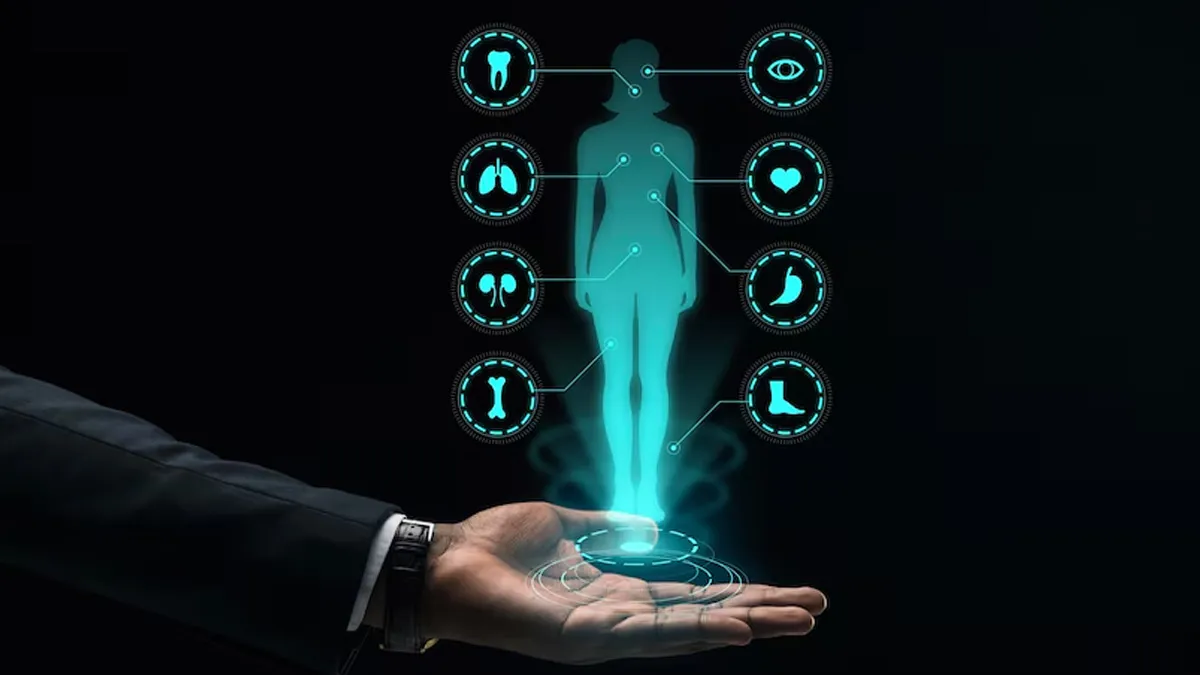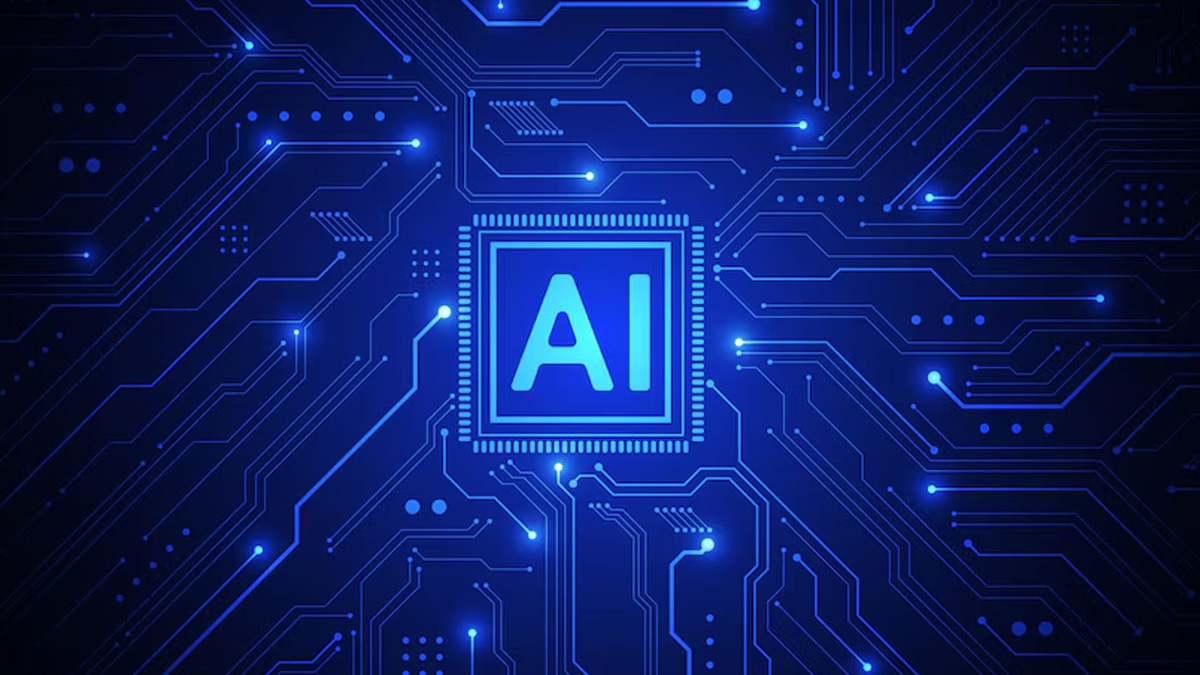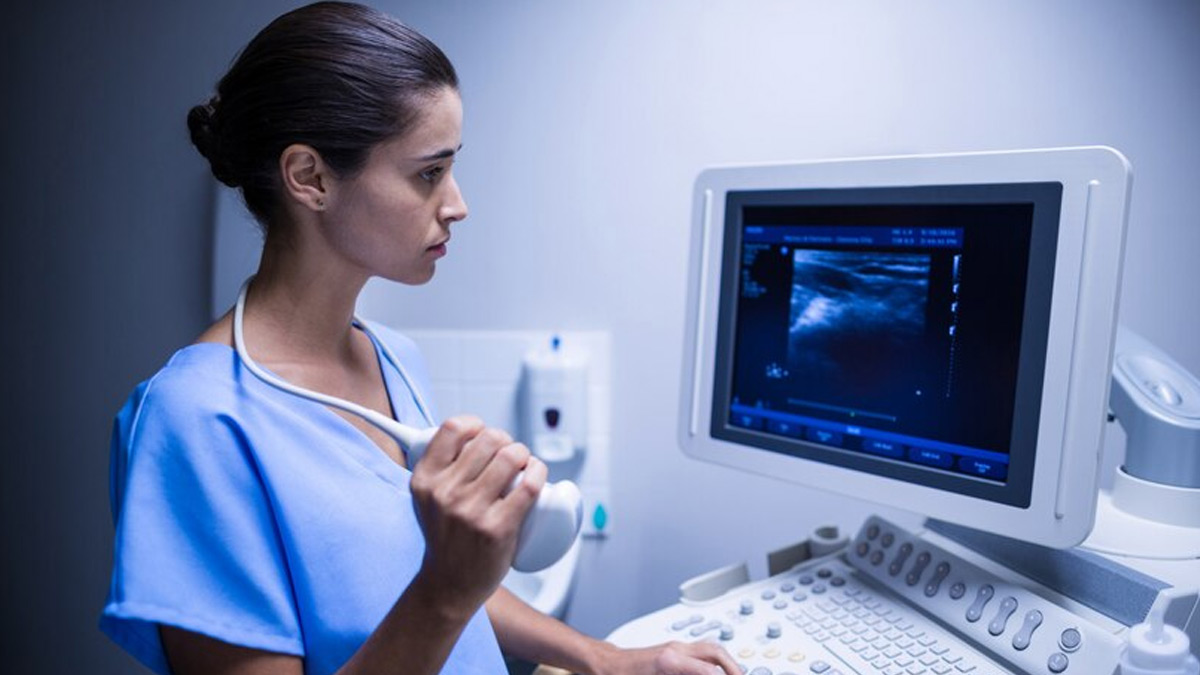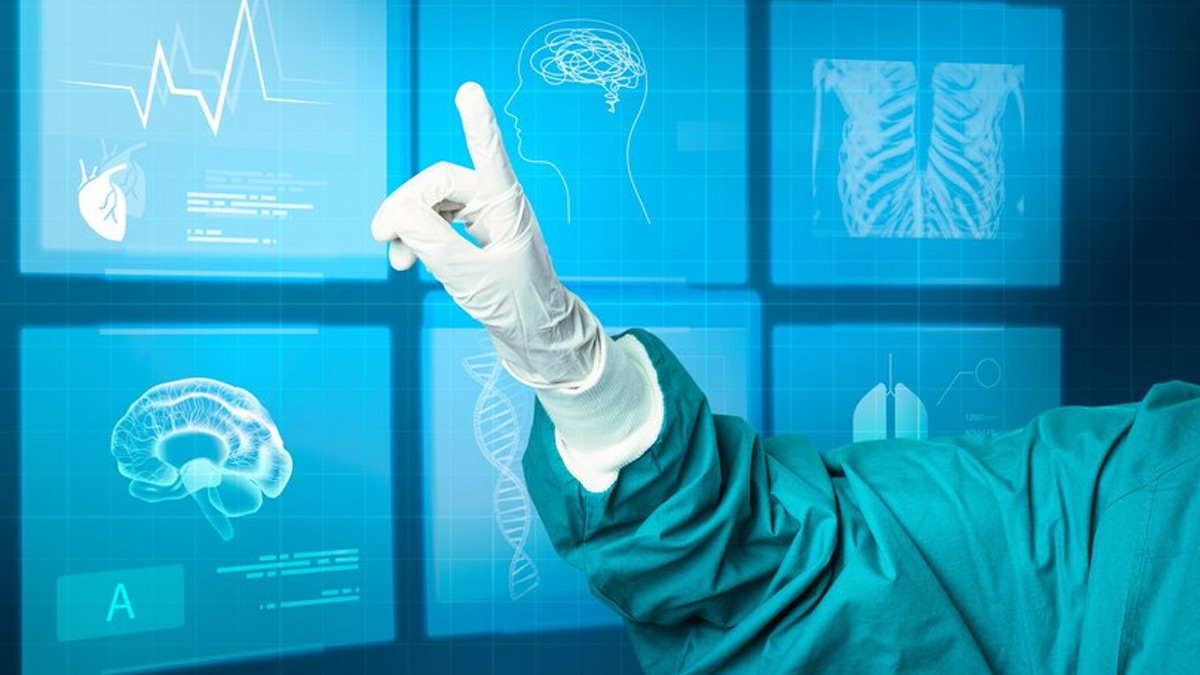
Women’s health has always been a vital concern, not just for individuals but for society as a whole. As women continue to break barriers in the professional world, their well-being must remain a priority. However, women often neglect their health due to family and career responsibilities, leading to undiagnosed illnesses until they reach critical stages. The integration of artificial intelligence (AI) in preventive healthcare is emerging as a game-changer, offering early detection and timely intervention for diseases that disproportionately affect women.
Table of Content:-
The Need for AI-Driven Preventive Healthcare
To understand this, OnlyMyHealth team interacted with Dr Bilal Thangal T M, Medical Lead at NURA,. He highlights the increasing role of women in the workforce, "More than half of women aged between 15 and 64 participate in the labour market, globally. The rate is rising slowly and significantly due to their increased access to education and skill development."
As more women enter the workforce, their economic contribution becomes crucial. According to a McKinsey Global Institute report, India’s GDP could see a 70% increase if women’s participation in the labour force rises by just 10 percentage points. Dr Bilal Thangal T M emphasises the link between health and productivity, "India’s large female population has huge potential to augment economic and consumption growth. Thus, it is extremely important to promote and sharpen their skills and capabilities to equip them to compete in the domestic as well as global markets. Essentially, health plays a major role in this game."
Women’s health concerns are multifaceted. They are prone to hormonal imbalances, reproductive health issues, metabolic changes, and conditions like cardiovascular diseases, cancers, osteoporosis, and autoimmune diseases. A study published in The Lancet found that while women live longer than men, they spend more years in poor health. Many of these illnesses go unnoticed until they become severe, as women tend to prioritise their families and careers over their own well-being.
Also read: Why Women Notice Changes In Vaginal Odour During Ovulation
Why AI is Revolutionising Women’s Healthcare

The advent of AI in healthcare is bridging this gap by making preventive check-ups more accessible, efficient, and accurate. AI-driven tools can analyse large volumes of data in real time, detecting patterns that might be invisible to the human eye. Machine learning (ML) algorithms, for instance, can identify early warning signs of diseases such as breast cancer, cardiovascular conditions, and strokes, allowing for early intervention and improved treatment outcomes.
Dr Bilal Thangal T M points out the challenges women face in healthcare:
"Compared to men, women are more likely to succumb to serious health problems as they are prone to hormonal imbalances, reproductive health issues, metabolic changes, genetic disorders, and income disparities."
Since the symptoms of many diseases manifest differently in men and women, AI helps bridge this diagnostic gap. Traditional diagnostic methods often fail to recognise these distinctions, leading to misdiagnoses or delayed treatment. AI, however, can personalise healthcare by considering gender-specific variations, leading to better-targeted treatments.
Enhancing Preventive Healthcare with AI
Regular health screenings are essential for early disease detection, but many women fail to undergo them due to time constraints, financial barriers, or lack of awareness. AI-powered diagnostics offer a promising solution by providing quick, non-invasive, and cost-effective screenings. AI applications in preventive healthcare include:

Early Cancer Detection – AI can analyse mammograms and cervical screening results with high accuracy, identifying anomalies that may indicate early-stage cancer.
Cardiovascular Risk Assessment – AI-driven algorithms can predict the likelihood of heart disease by analysing patient history, lifestyle factors, and real-time data.
Diabetes and Metabolic Disorders Monitoring – AI tools help detect early signs of diabetes and metabolic conditions, allowing lifestyle modifications before the onset of severe complications.
Reproductive Health Support – AI-driven fertility trackers and hormonal analysis provide personalised insights for women planning pregnancies or managing conditions like polycystic ovary syndrome (PCOS).
Dr Bilal Thangal T M underscores the importance of preventive measures, "A prevention-oriented lifestyle that includes periodic check-ups and health screening suits women better. Further, the rising cost of treatment also makes prevention-focused healthcare models ideal for them."
With AI-driven diagnostic tools, women can access healthcare solutions tailored to their needs, empowering them to make informed decisions about their well-being.
Breaking Barriers with AI-Powered Healthcare

One of the most significant advantages of AI in women’s healthcare is its ability to reduce disparities. Socioeconomic factors often prevent women from seeking timely medical help, but AI-based telemedicine and remote diagnostics are breaking these barriers. Women, even in remote areas, can now consult specialists and receive accurate diagnoses without the need for frequent hospital visits.
Dr Bilal Thangal T M highlights the systemic biases that have historically affected women’s healthcare, "There are solid reasons to believe that women need special care and attention in the field of healthcare. The symptoms, spread, and intensity of some diseases may appear differently in men and women, and it may result in women being diagnosed and treated with laxity."
As AI continues to evolve, its potential in transforming healthcare is limitless. The technology not only ensures early disease detection but also supports personalised treatment plans, minimising risks and improving long-term health outcomes.
A Future of Health Empowerment
The integration of AI into preventive healthcare is more than just a technological advancement, it is a revolution that places women’s well-being at the forefront. With increased awareness, economic independence, and access to AI-enabled screenings, women can take charge of their health like never before.
Dr Bilal Thangal T M affirms this shift, "AI is unleashing a revolution in the field of medical diagnostics by enabling early detection and treatment, personalised medical care, and improved patient outcomes. Undoubtedly, it has the power to transform women’s world through preventive techniques and help them scale new highs fearlessly."
How we keep this article up to date:
We work with experts and keep a close eye on the latest in health and wellness. Whenever there is a new research or helpful information, we update our articles with accurate and useful advice.
Current Version